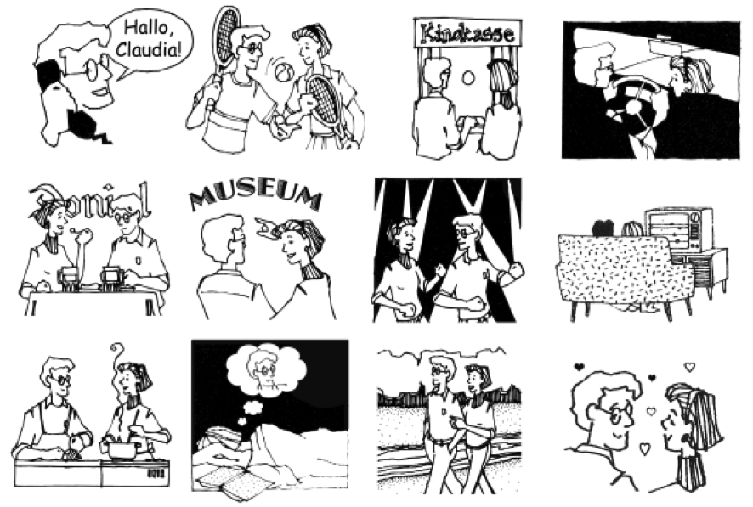| Seite 4 |
Separable-Prefix Verbs and Present Perfect
| ||||||||||||
Übung 6-4b Meine Sommerferien. Brettspiel
- Setzen Sie Ihre Spielfiguren auf das Startfeld.
- Bewegen Sie Ihre Spielfiguren nach den Punkten auf dem Würfel.
- Sagen Sie Ihrer / Ihrem Partner/in, was Sie in den Sommerferien gemacht haben, indem Sie das Verb unter dem Spielfeld verwenden.
- Merken Sie, auf welche Felder Sie landen.
- Wenn Sie zweimal auf ein Feld landen, dann müssen Sie zurück und Sie verlieren eine Runde.
- Sagen Sie auch wann und wo Sie die Aktivitäten gemacht haben (Sehen Sie unten). Orte und Zeiten müssen sinnvoll sein.
- Notieren Sie alles!
- Spielen Sie, bis Sie auf alle Felder gelandet haben.
- Der gewinnt, wer zuerst auf alle Felder landet, oder wer bis die Zeitgrenze auf die meisten Felder gelandet hat.
- Alle Verben sind schwach.
| Zeit | Ort |
|---|---|
|
|
- Place game pieces on the start field.
- Move game pieces according to the spots on the dice.
- Tell your partners in German what you did during summer vacation, usng the verb in perfect tense under the field landed on. Verbs marked with an asterisk * are verbs of motion
- Include in each sentence a time expression and a location. These must make sense!
- Note down which fields you land on.
- If you land on a field a second time, then you go back to your starting point and wait for the next turn.
- Note down what everyone says.
- Keep going around until someone has landed on all the fields.
- The one who first lands on all fields wins the game; or the one with the most landed fields when time is up wins.
- All verbs are weak.
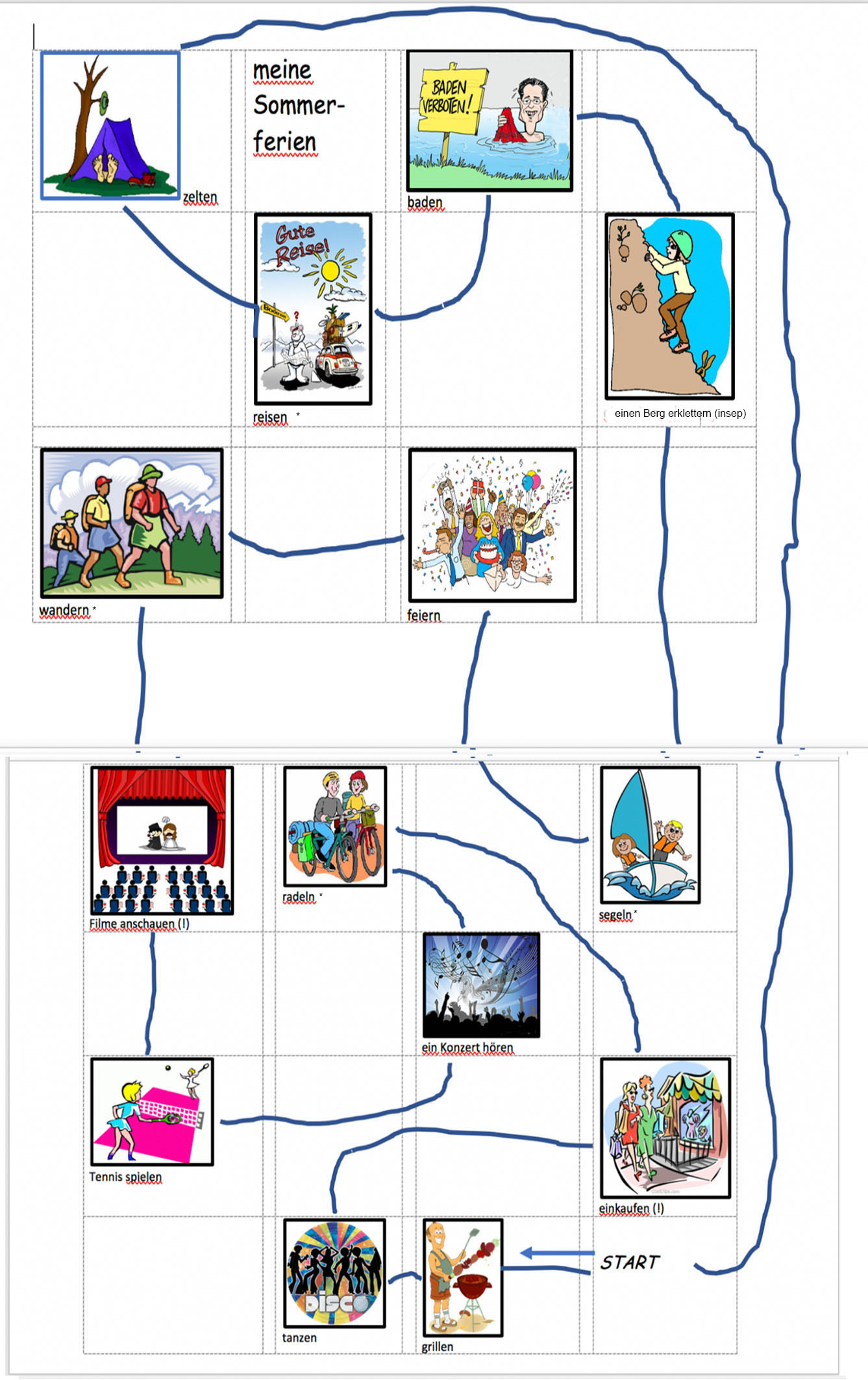
|
Übung 6-4c Die Geschichte von Martin und Claudia.
Unten sehen Sie eine Geschichte in Bildern.
Schreiben Sie Sätze im Perfekt, um die Geschichte zu erzählen.
Benutzen Sie die Phrasen aus der Liste. Quiz im BOLT.
|
Übung 6-4d: "weil" + Perfekt Combine the clauses below logically and create causal sentences in the present perfect tense. Watch word order. Beispiel: Wir sind nicht zum Strand gegangen, weil es am Wochenende geregnet hat.
| Es schneit am Sonntag | Es regnet am Wochenende |
| Die Theaterkarten sind zu teuer | Carsten heute morgen spät aufstehen |
| Ihre Mutter ist krank | Sie ißt nichts |
| Sabine bekommt Geschenke am Samstag | wir gehen schilaufen |
| Ich kaufe kein Brot heute morgen | Monika und Klaus besuchen ihre Mutter. |
| Der Fernseher ist kaputt | Wir gehen ohne sie ins Konzert |
| Du fährst zur Bibliothek | Meine Freunde und ich sehen nicht fern. |
| Sie kommen nicht pünktlich | Sie hat am Samstag Geburtstag |
| Doris hat Hunger | Wir gehen nicht ins Theater |
| Wir nicht zum Strand gehen | Du brauchst ein Buch |
| Er schläft gestern Abend schlecht | Es gibt kein Brot zum Frühstück |
- _________________________________________________________________________________________
- _________________________________________________________________________________________
- _________________________________________________________________________________________
- _________________________________________________________________________________________
- _________________________________________________________________________________________
- _________________________________________________________________________________________
- _________________________________________________________________________________________
- _________________________________________________________________________________________
- _________________________________________________________________________________________
- _________________________________________________________________________________________
- _________________________________________________________________________________________
- _________________________________________________________________________________________
- kapitel 6, Seite 1
- kapitel 6, Seite 2
- kapitel 6, Seite 3
- kapitel 6, Seite 4
- kapitel 6, Seite 5
- kapitel 6, Seite 6
- kapitel 6, Seite 7
- kapitel 6, Seite 8
- kapitel 6, Seite 9
- kapitel 6, Seite 10
- kapitel 6, Seite 11
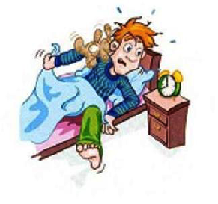
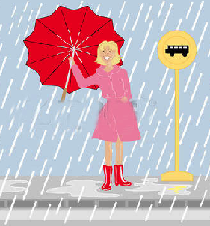
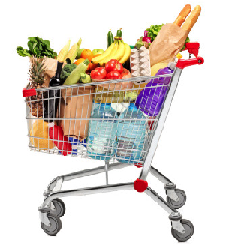
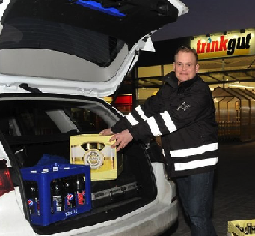
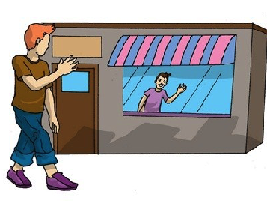

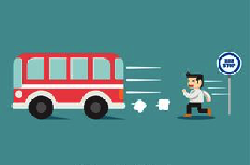
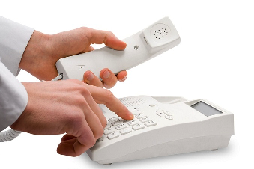
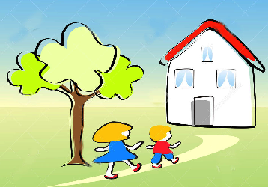
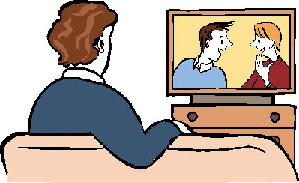 David - fernsehen - drei Stunden - am Samstag Abend
David - fernsehen - drei Stunden - am Samstag Abend